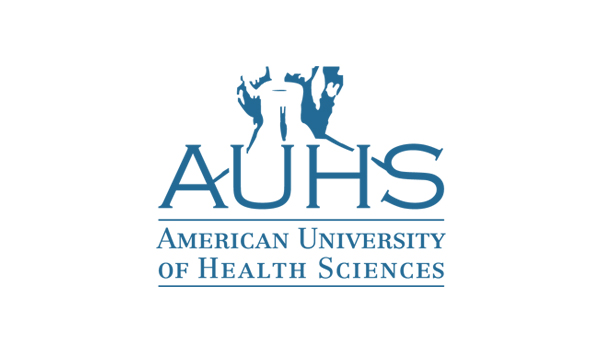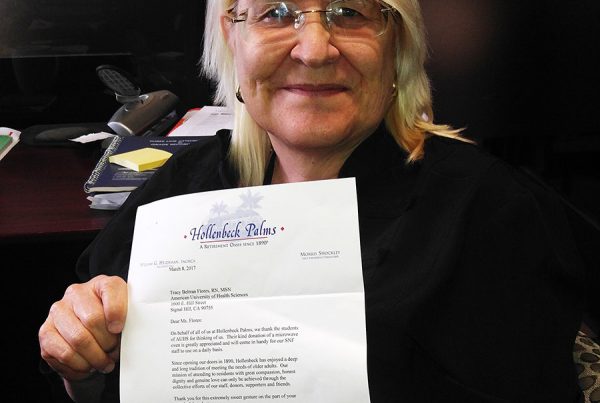Nurses Eating Their Young
By Maria Shearing, MSN-FNP(C), NEd, RN, PHN, Director of Clinical Facilities
Nursing eating their young is a term that has been used in healthcare for a long time. However, it occurs across a wide span of nursing careers. The phrase does not mean that nurses are cannibals, but rather, some senior nurses exhibit bullying and unprofessional behavior toward the transitioning and fresh graduate nurses in the working environment (Kreedi et al., 2022). In this case, bullying is examined in terms of personal-related and work-related negative behaviors like ignoring targets, intimidation of new nurses by senior nurses, and withholding relevant support information that could help young and fresh nurses execute their assigned duties. Given the complexity and challenges in the healthcare field, transitioning and fresh newly registered nurses face difficulties in adapting to the ever-changing trends and practices in the nursing field, raising an issue of human resource management and development in the healthcare field (Gillespie et al., 2017).
Researchers in the medical field commonly report cases of bullying, lack of mentorship, and support for newly licensed nurses by supervisors, physicians, and other nurse leaders (Labrague, 2021). Several studies reveal that new nursing graduates often experience healthcare challenges, especially in their transition period, in areas like job orientation, role expectation, workload, confidence, and fear. Most new nurse graduates feel insecure and lose confidence and morale during the transition. New nurse graduates begin to fear they are unworthy of their roles and not professional enough to be awarded an opportunity to serve for that which they have worked so hard for in their nursing school. These forms of workplace bullying are widespread across the nursing spectrum and have grown into a normal phenomenon as a practice that is regarded as “just the way things are (Labrague, 2021).” This is a growing concern because it has led to student nurses being degraded, powerless, and inadequate in their nursing profession which then feeds into the workplace as they become new grad registered nurses. This idea does not simply apply to new grads working at the bedside, this also occurs in academia. Rather than seeing the new grads as a threat, we should see and think about how we can mentor and build them up, so that when they are senior nurses, they will do the same for the incoming new grads.
Gillespie et al. (2017) argue that it is undeniable that the nursing workplace is stressful. All nurses, including senior, junior, and new nurses, have copious responsibilities while patients’ lives are on the line. Such inevitable pressures, coupled with harassment and bullying of new nurses, always take a toll on their well-being and mental health. It is a common occurrence in the healthcare system that stressed-out nurse graduates take out their frustrations on their colleagues and, worse still, on the patients (Joseph et al., 2022). Regardless, when young nurses are insulted, bullied, and ignored, they lose trust in their capabilities. Such additional stress levels and existing nurse-related pressures negatively affect the quality of patient care and nurse productivity.
Therefore, nurses eating their young is an issue that must be addressed because nurses require guided mentorship that successfully transitions them into their practice. The nursing field continues to evolve, and with technological advancements, nursing practices continue to change; hence new nurses must be guided and mentored to fit into the ever-changing medical field. Every nurse in the nursing field is a team player because the nursing field requires a holistic approach that relies on a collaborative nursing experience. Nurses differ in their areas of operation, expertise, and qualifications, but their roles are interconnected, making it necessary for all junior, new, and senior nurses to work together.
Date Submitted: November 15, 2022
Research/expertise
School of Nursing
Maria Shearing, MSN-FNP(C), NEd, RN, PHN
School of Nursing
Director of Clinical Facilities,
Career Services, NATP







